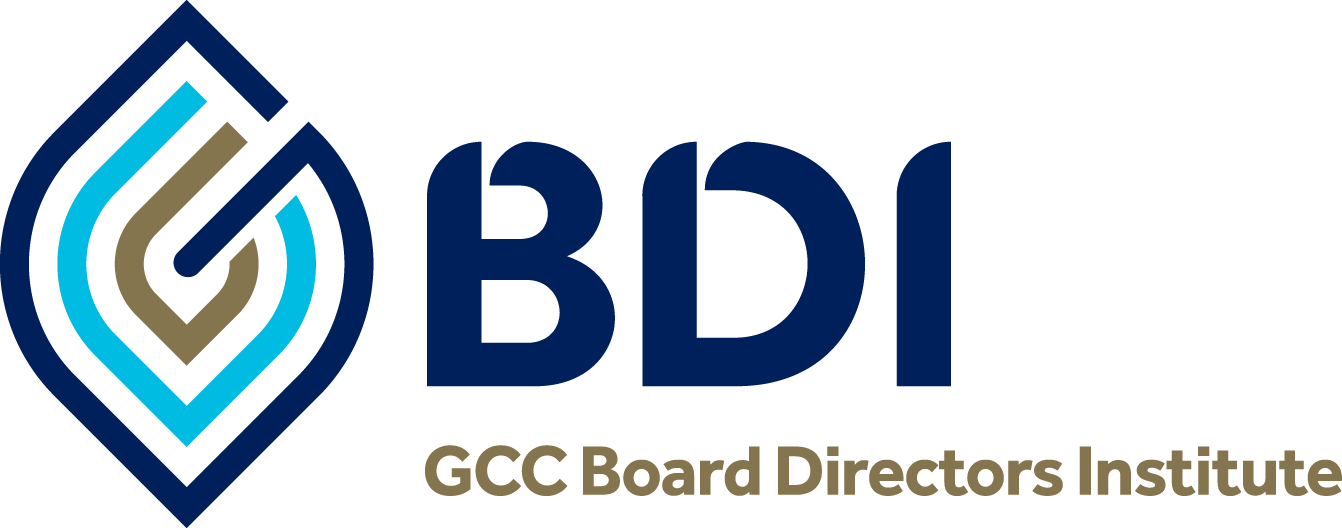Adam Malouf, Joint Vice Chairperson, UAE Chapter Advisory Members
Licensed company director in the Abu Dhabi Global Market
Fellow of the GCC Board Directors Institute and Joint Vice Chairperson of the UAE Chapter and is an Overseas Member of the Institute of Directors (UK)
Fellow of the Australian Institute of Company Directors (AICD) (since 2010) and a chartered company director with the AICD
Adam is an accomplished C-suite senior executive (CIO, COO and CFO) and non-executive director, who has lived and worked globally for 19 years. He has worked in different settings: multinationals, private equity, banking, investment management, real estate, family offices and government.
He is currently Chief Investment Officer for one of the Dubai Government's sovereign wealth funds, where he set up their investment function from scratch, formulated their investment strategy, and put in place all their corporate and operational governance frameworks. Previous roles include: Deputy Head of Banking (and acting COO) for the Australian subsidiary of a Middle Eastern bank; COO for a regulated private family office in the Middle East (with divisions encompassing principal investments, funds management and corporate advisory); and COO for HSBC's real estate private equity business in the Middle East. Adam has also been a non-executive director and board chairman for over 24 years, sitting on several operational and advisory boards.
How important is the chapter in helping the GCC BDI in fulfilling its objectives?
The chapter is the living, breathing personification of the membership base, and it functions as the conduit which is very focused on understanding the changing needs of members, the challenges they face, and how they can capitalise on opportunities. Encapsulating this consolidated understanding is critical, which is fed into not only reshaping the substance and delivery of learning and development initiatives, but also into creating an ecosystem which allows for the efficient and timely exchange of ideas, experiences and learnings, which is manifested in workshops, seminars and events focused on discrete issues of direct and current relevance to members. The chapter is by members and for members, and they provide principal guidance and feedback on matters related to governance, regulation, operations of boards, emerging issues and anticipating future trends; this is then structured into cogent action points by the UAE Chapter Advisory Board, and channelled back to the GCC BDI team for further attention.
What is the relevance of being a member of the GCC BDI in 2023?
As a full-fledged member of the GCC BDI, you are part of a valuable, diverse and dynamic community that comprises people from all walks of life, industries, and competencies. Amongst the breadth and depth of experience, there is the shared goal of encouraging and promoting better governance and board dynamics in the region – not for the sake of it, but because it creates more efficient and effective business practices, which has a direct positive impact on the financial and non-financial performance of an organisation. The continuous exposure that members gain from these myriad insights and points of guidance is invaluable, and can be adapted to suit individual circumstances within one’s organisation. This is seen not only in the one-on-one interactions between members, but in the content and delivery of the GCC BDI’s learning and development offerings, which are tailored to meet the practical needs of members and the constantly changing business environment.
Where do you see the GCC BDI in 5 years?
The GCC BDI will continue to flourish, and grow in stature and prominence amongst the regional business community, and also within government and semi-government circles. It will be the pre-eminent, go-to institution for all significant matters around governance and board development, not only through its learning and development programs, but also through its innovative and cutting-edge thought leadership and advocacy, which will benefit members and stakeholders through its acute understanding of regional matters, but also through bringing aspects of international best practice to bear on regional issues, moulded and shaped to suit local circumstances. I also see a scenario where a number of key markets within the GCC and wider Middle East region will benefit from having their own chapters, which can focus on key issues, challenges and opportunities within their own markets, and, at the same time, benefit from the wider capabilities of the GCC BDI in many respects.
